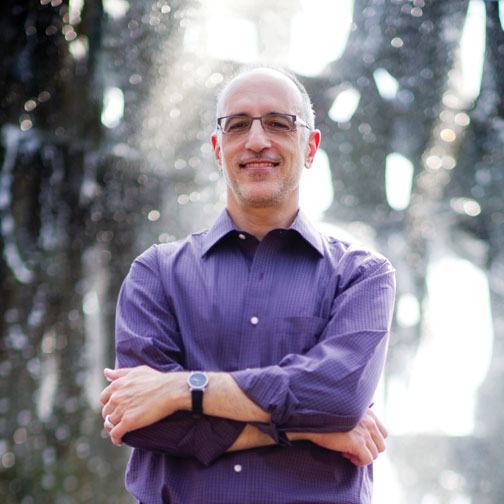Ignoring the little guy
How responsive is Washington to the desires of the American people? Not very, says politics professor Martin I. Gilens. In painstaking research that took him more than a decade to carry out, he concludes that government answers to the rich much more than to the poor or middle class.
Both main political parties are guilty of catering to those with ample money to donate to campaigns, Gilens argues in his new book, Affluence and Influence: Economic Inequality and Political Power in America (Princeton University Press). “I expected high-income people would have more influence,” he says of his project, “but I didn’t expect the discrepancies to be so stark or the influence of the middle class to be so minimal.”
He and assistants plowed through mountains of data: more than 2,000 survey questions, dating as far back as 1964, asking Americans about their preferences for government policy. Each question was answered by 1,000 or more respondents. Gilens sorted the respondents by income level, then searched historical records to see which proposals were in fact instituted. Time and again, policies favored by the richest 10 percent of Americans became the law of the land.
Occasionally, Congress responds to the wishes of ordinary folks — if control of the government is sharply divided between Democrats and Republicans, or a presidential election is looming.
But when the presidency and Congress are both in the hands of a single party, the masses are most likely to be disregarded. The George W. Bush years are instructive: A narrowly divided Congress obeyed public preferences during Bush’s first term, green-lighting such bipartisan projects as the Medicare prescription-drug benefit and No Child Left Behind. But his second term brought something closer to single-party (Republican) rule, “and responsiveness to public preferences plummeted,” Gilens says.
How would policies change if money didn’t influence Washington the way it does now? Higher taxes on the rich surely would follow, Gilens says, along with stricter regulation of business and protectionist attitudes toward trade. Foreign aid would be slashed; unemployment benefits would rise. But a tilt leftward on economic issues would be matched by a tilt rightward on social issues.
Gilens says campaign-finance reform would be the surest way to reduce the political impact of affluent Americans. He also believes that get-out-the-vote efforts and other means of making races more competitive can help: “Partisan competition disciplines parties to respond to public preference.”
Gilens’ concerns began long before the Occupy movement. He says he hopes that “in some small way, by revealing these troubling facts about American society and politics, people will direct their energies to work to change the circumstances.”













1 Response
Frank Sloat ’55
10 Years AgoMaking a clear point
Re “Ignoring the little guy” (Campus Notebook, Sept. 19): A decades-long study [on economic inequality and political power] to make a point that is “intuitively obvious and manifestly clear” (a line from one of my math teachers in the ’50s).